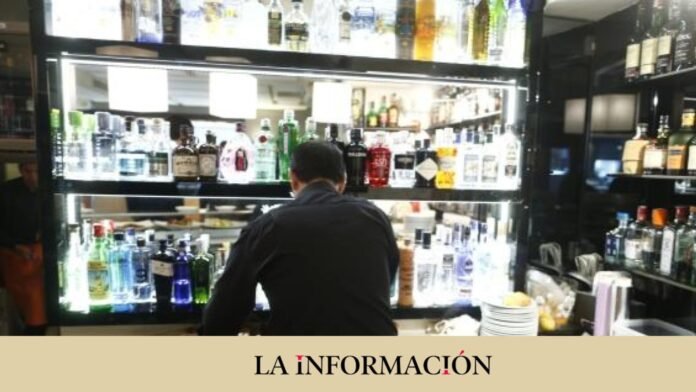Congress is studying the law on the prevention of food losses and waste, the objective of which is to reduce the desire for food without consuming it in the trash and to promote better use of it. Since 2020, the legislation has already contemplated measures that include the obligation of the hospitality industry to offer its customers leftover food at no additional cost and in recyclable packaging, with a penalty of 2,000 euros for those who do not comply with the standard.
This measure seeks to regulate and raise awareness, in addition to preventing inefficiency in the food chain that has economic, environmental and social consequences. For this reason, bars and restaurants have as a rule to provide their customers with the possibility of taking away their leftover food. If the establishment refuses, it faces the sanctions contemplated by the Law.
This legislative initiative includes measures to avoid food loss throughout the food chain, from harvest to consumption, since all must have a prevention plan that includes a self-diagnosis from which to adopt measures to minimize losses, which in In 2020, when it was launched, there were 1.3 billion kilos of food in homes, an average of 31 kilos per person.
food donation
In addition, companies must stipulate the destination of food to avoid waste under the premise that the highest priority will always be human consumption through the donation or redistribution of food. To donate surplus food, chain agents must sign collaboration agreements with companies, social initiative entities and other non-profit organizations or food banks. These agreements must expressly include the conditions for collection, transportation and storage of the products, among other issues.
Social initiative entities that receive donations must guarantee the traceability of the donated products through an entry and exit registration system for the food received and delivered. They may only use these products for donation, without under any circumstances being able to market them, and they must do so without any type of discrimination between the beneficiaries.
Fruit in juice or jam
On the other hand, the bill contemplates the transformation of unsold foods, but that are in optimal conditions, into others such as juices or jams and those that are no longer suitable for human consumption. Planas has indicated that when food is no longer suitable for human consumption, the preference for use will be, in this order, animal feeding and feed manufacturing; Use as byproducts in another industry or as waste, and obtaining compost or biofuels.
Consumers have the “right” for hospitality companies to provide them with leftovers that they have not eaten, at no additional cost, except in open buffet establishments, and to do so, they must have containers suitable for food use, which are Reusable or easily recyclable.
Another measure involves commercial establishments having sales lines for “ugly, imperfect or unaesthetic” products; promoting the consumption of seasonal, local or organic products and encouraging the sale of products with a best-before or best-before date. expiration”. next, according to the hierarchy of usage priorities.
Penalties for not allowing leftovers to be taken away
The sanctioning regime establishes as a serious offense not having a plan to prevent food losses and waste, for which it provides for sanctions that can range between 2,001 and 60,000 euros. As very serious infractions, punishable by between 60,001 and 500,000 euros in fines, the second or subsequent serious offense committed within a period of two years is considered. On the other hand, failure to apply the hierarchy of priorities in the use of food or for industries, retail distribution, hospitality and catering companies to not donate those products not sold through are considered minor infractions. a pact or agreement.
In the case of companies and social initiative entities that are recipients of donations, it will be considered slight if they do not deliver surpluses to disadvantaged people, or if they establish some type of discrimination in access to the distribution of food. Likewise, the refusal to collaborate with public administrations for the quantification of food waste is considered a minor infraction. The law provides for minor infractions with warning sanctions or fines of up to 2,000 euros.

